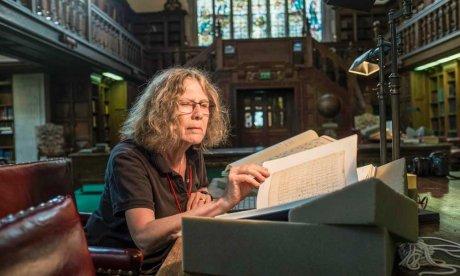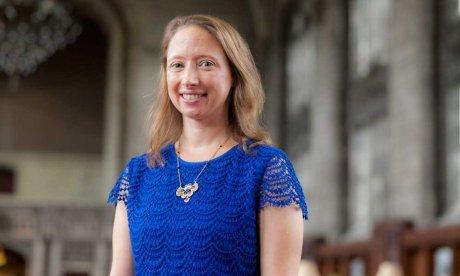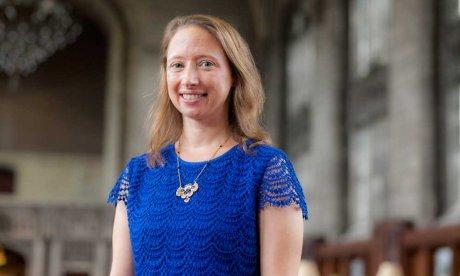NEH Grantees Named 2014 MacArthur Fellows

Pamela O. Long, 2014 MacArthur Fellow
John D. and Catherine T. MacArthur Foundation

Pamela O. Long, 2014 MacArthur Fellow
John D. and Catherine T. MacArthur Foundation
Two recipients of grants from the National Endowment for the Humanities (NEH) were among the 21 individuals who were today named as this year’s MacArthur Fellows by the John D. and Catherine T. MacArthur Foundation. The MacArthur “genius grants” recognize and encourage “talented individuals who have shown extraordinary originality and dedication in their creative pursuits and a marked capacity for self-direction” said the foundation.
Among the newly-named fellows is Pamela O. Long, an independent historian of science and technology, whose work has examined the role of scholarship and craftsmanship in the Renaissance and the connections between technology and culture. She is the author of the prize-winning Openness, Secrecy, Authorship: Technical Arts and the Culture of Knowledge from Antiquity to the Renaissance(20011) which explores the history of authorship and its relationship to intellectual and scientific creation and the ownership of intellectual property. Her second book Artisan/Practitioners and the Rise of the New Sciences, 1400-1600 (2011) examines the influence of artisans and craftsmen on the evolution of scientific methodology. In 2007, Long was awarded an NEH Fellowship for College Teachers and Independent Scholars to support her ongoing research on the cultural and social history of engineering in Counter-Reformation Rome from 1560-1590. “Long connects the humanistic study of ancient texts and artifacts by sixteenth-century Romans to their development of innovative approaches to engineering problems like flood control—a linkage not commonly recognized among historians and philosophers,” said the MacArthur Foundation, in a release about the awards. “Long has changed our understanding of the artisanal and intellectual heritage of modern science.” In addition to her NEH fellowship, Long also conducted research as a Fellow at the Folger Shakespeare Library, supported by a 2010 NEH Fellowship Programs at Independent Research Institutions grant.
Tara Zahra, a professor of East European History at the University of Chicago was also named a 2014 MacArthur Fellow for challenging the way we view the development of the concepts of nation, family, and ethnicity in twentieth-century Europe. Zahra’s work has examined European family life before and after World War II. Her 2008 book Kidnapped Souls: National Indifference and the Battle for Children in the Bohemian Lands, 1900-1948 examines how the cultural politics of German and Czech nationalism was tied to beliefs about family and child-raising practices. In 2011 she published The Lost Children: Reconstructing Europe’s Families after World War II documenting the repatriation of children and the reconstruction of fractured families in postwar Europe. Zahra is the recipient of a 2013 NEH Research Fellowship for University Teachers which supported research for her forthcoming book on the history of emigration from East Central Europe to Western Europe and the United States from 1889 to the present that examines how debates about and experiences of emigration shaped ideals of freedom in Eastern Europe and “the West.” Her book will be published by W.W. Norton Press in August 2015. In her current project, said the MacArthur Foundation, "Zahra is entering into important new debates about the notions of individual freedoms and human rights and offering a more transnational understanding of events in twentieth-century Europe."

